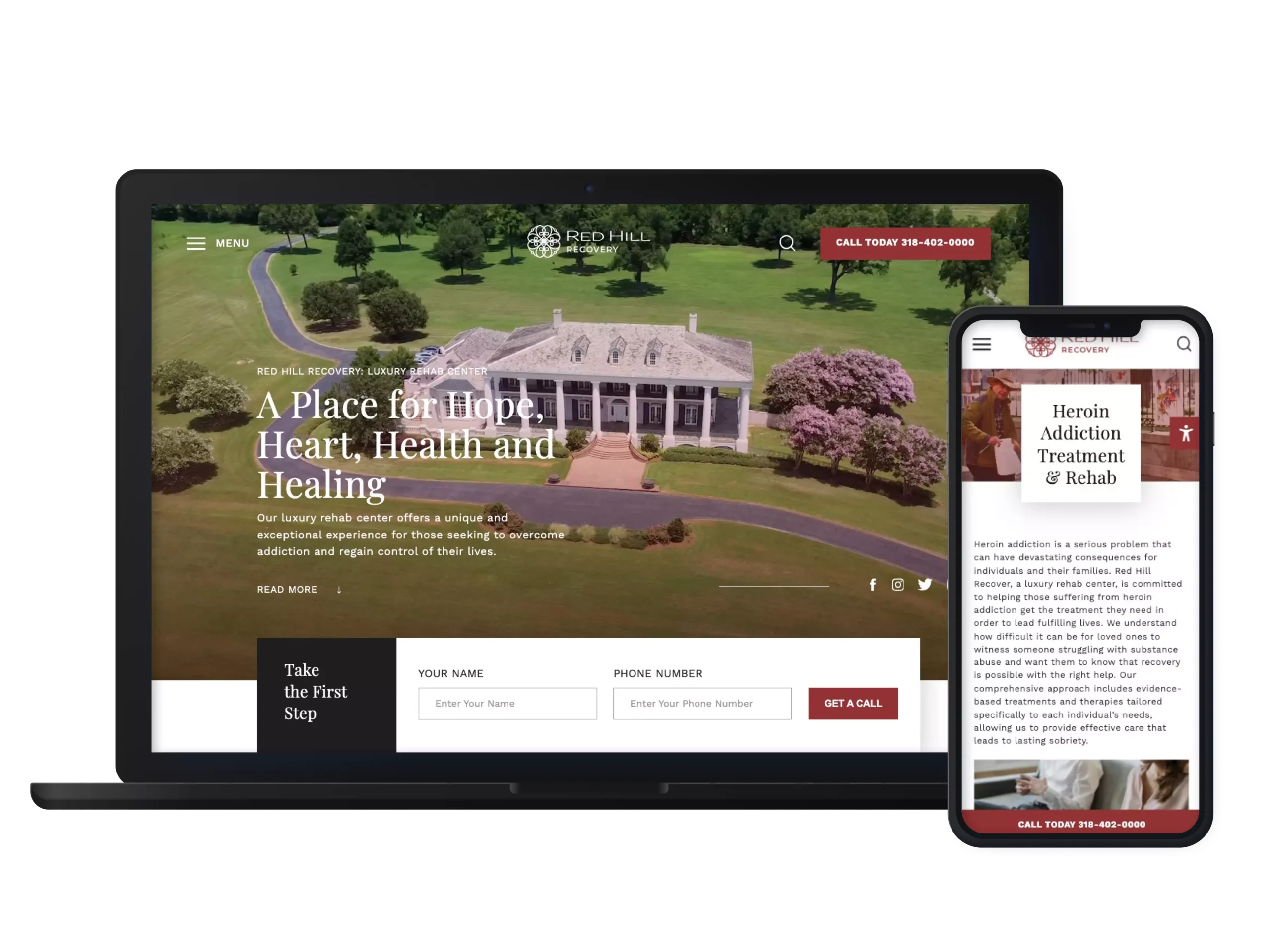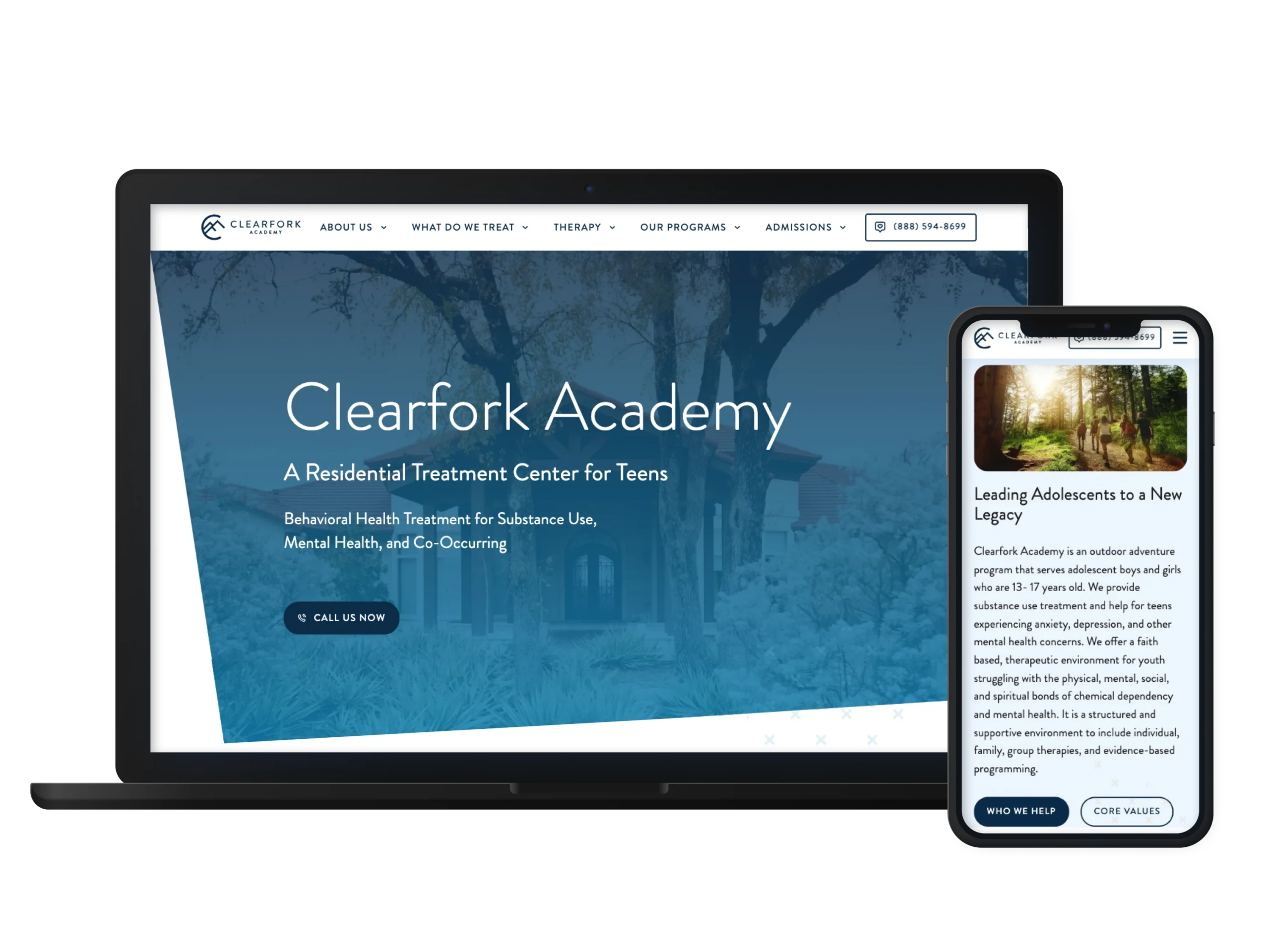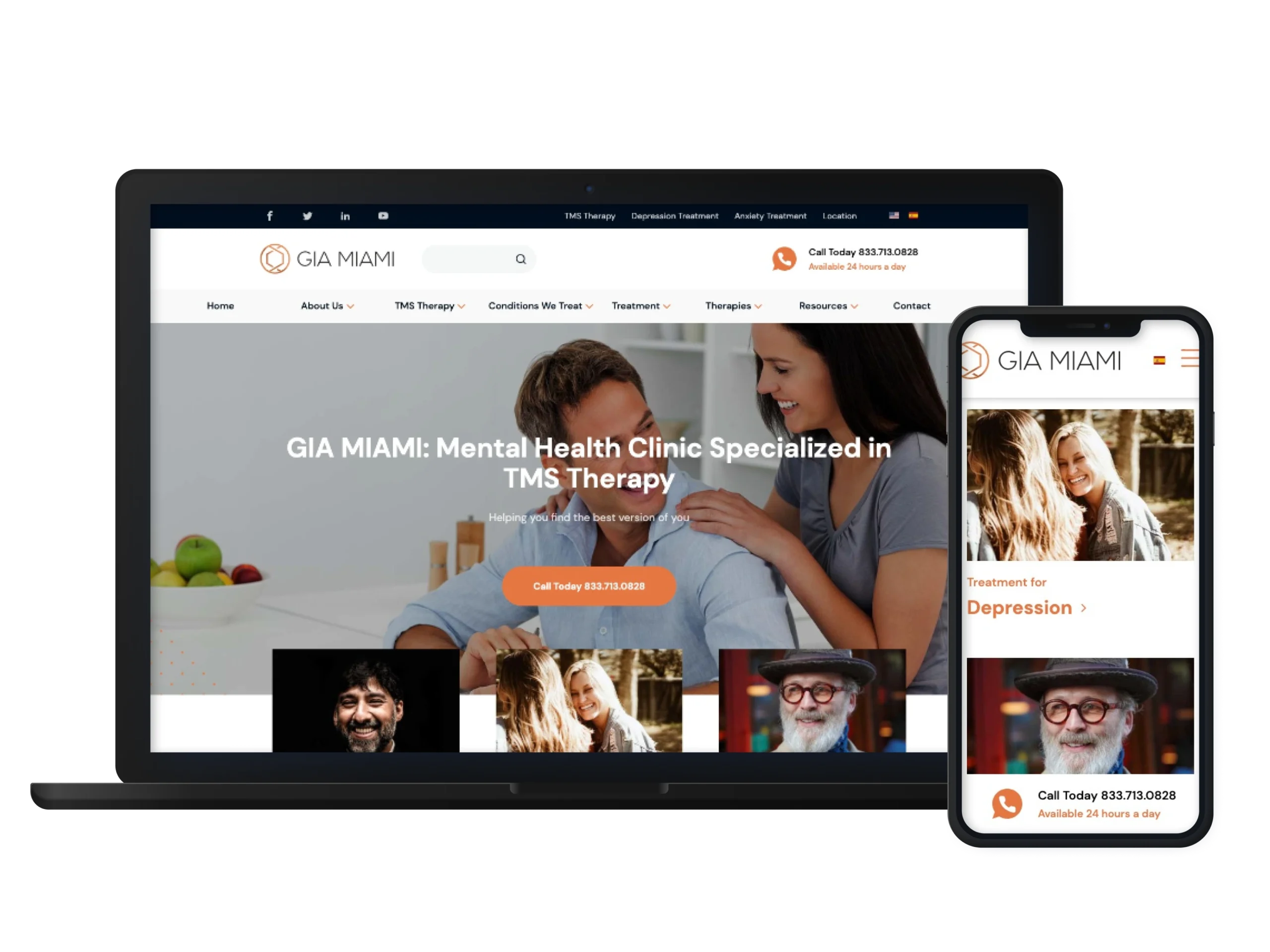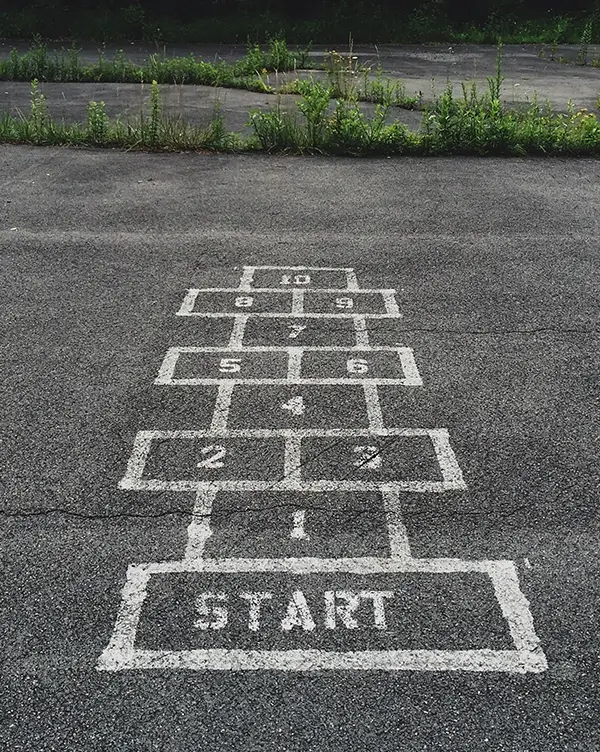Drive your growth and maximize profitability with high-quality leads, increased conversions, and measurable improvements to the bottom line - also in difficult times
Digital Marketing
B2C / B2B Sales
IT Outsourcing
How can we help you?
Crafting Visually Stunning and Functional Graphic Designs
Elevate your sales and online impact with custom graphic designs crafted for your distinct requirements. Ditch the ordinary templates and adopt a personalized strategy to display your services and products through captivating layouts. Flourish your sales numbers and shine in the digital landscape with designs that blend aesthetics and functionality, aligning seamlessly with your brand's essence.
- Tailored Web Design: Beyond Standard Templates
- Modern Trends in Digital Aesthetics for Your Brand
- Showcasing Your Products with Artistic Excellence
Creating Customized Websites for Sales Success
Unleash your business's potential with a website tailored to your unique needs, be it a sleek one-pager, or a sophisticated e-commerce. Empower your online presence with a professional website that not only showcases but actively sales your offerings. Even if you have just an idea, bring it to life, and witness your customized digital space seamlessly align with your business objectives.
- Tailored Web Design for Unique Brand Representation
- Responsive and User-Friendly Website Development
- E-commerce Solutions for Enhanced Online Sales
Maximizing Your Online Visibility with Our Digital Marketing Expertise
In a competitive market, lift your revenue and ensure visibility supported by our experts and AI. Enhance Google ranking through SEO focused precise keywords, and Google Ads. Maximize visibility and connect with ideal customers using our expertise. Boost your website's presence for success and higher sales.
- Comprehensive SEO Audits for Enhanced Online Presence
- Competitive Analysis and Targeted Marketing Strategies
- Effective Google Ads Campaigns for Immediate Impact
Ensuring Seamless Website Performance with Comprehensive Maintenance
Running a business demands constant effort, and a smoothly performing website has unquestionable impact for growing your bottom line. Take charge with comprehensive maintenance prioritizing security, regular updates, and backups. Rely on rapid, reliable support for issue resolution and data protection. Empower your business goals with a dependable website and unwavering support.
- Proactive Website Support for Continuous Business Operations
- Advanced Security Measures: Regular Backups and Updates
- Safeguarding Your Data for Uncompromised Confidentiality
Expert IT Outsourcing and Software Development Services
For software project challenges or a dedicated IT team, you hold the key. Engage skilled programmers, developers, analysts, testers, and architects, led by experienced leaders. Save up to 70% costs compared to traditional hiring. Benefit from white-label services with non-disclosure agreements for seamless integration, regardless of your time zone. Transform IT challenges into successes today.
- Rescuing and Revitalizing Struggling Software Projects
- Dedicated IT Specialists for Sustained Support
- Cost-Effective Software Development Solutions
Enhancing B2C / B2B Sales Efficiency with Proven Strategies
Boost B2C / B2B sales efficiency, whether you're scaling a startup or leading a corporation. Collaborate to refine sales strategies and integrate a digital customer journey. Navigate the digital landscape, aligning tactics with business goals. Elevate your B2C / B2B sales with tailored solutions.
- Optimizing B2C / B2B Sales Processes for Maximum Efficiency
- Integrating Digital Customer Journeys for Better Engagement
- Collaborative Approach to Sales Strategy Development


See our projects
for a free consultation















